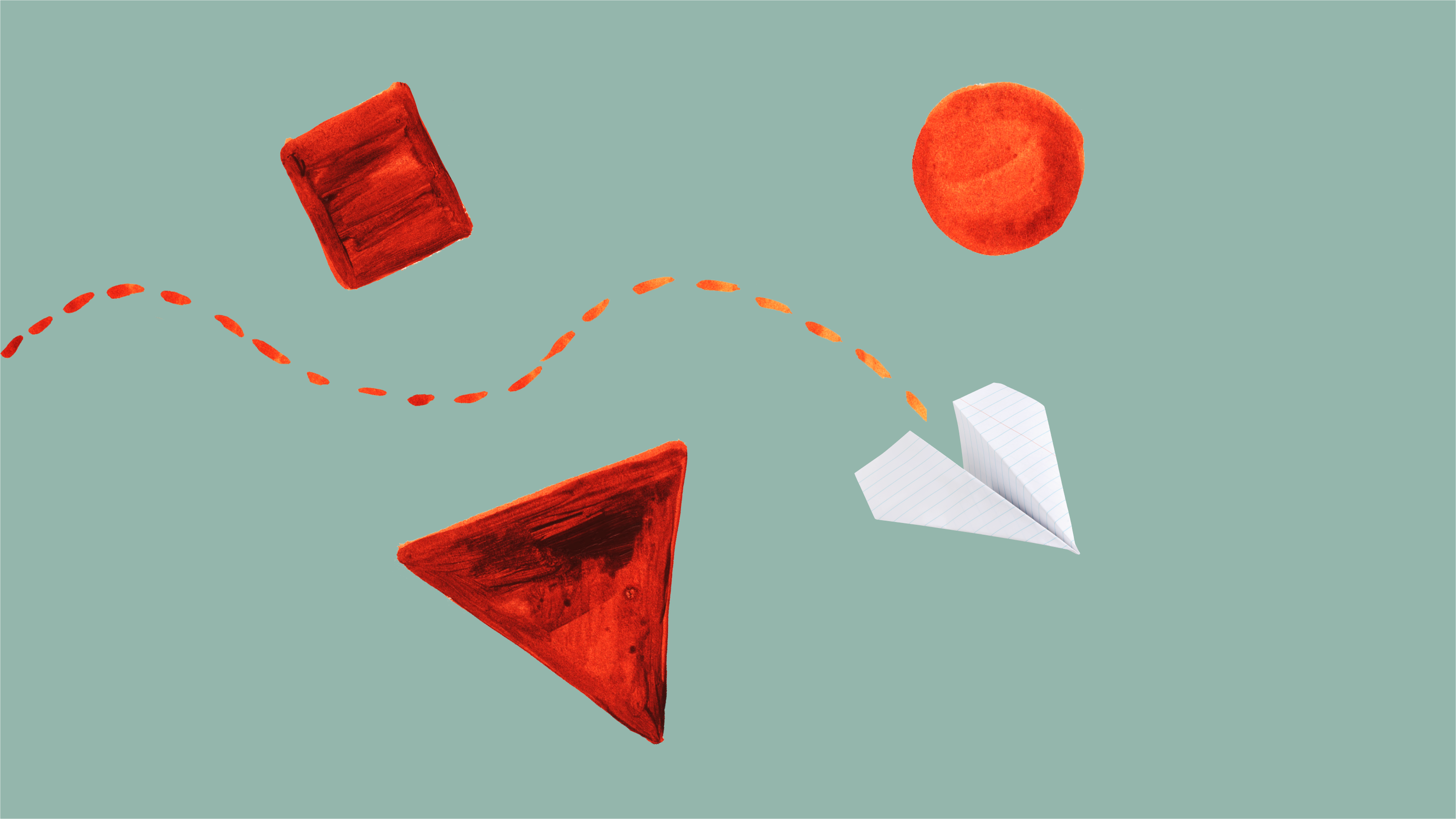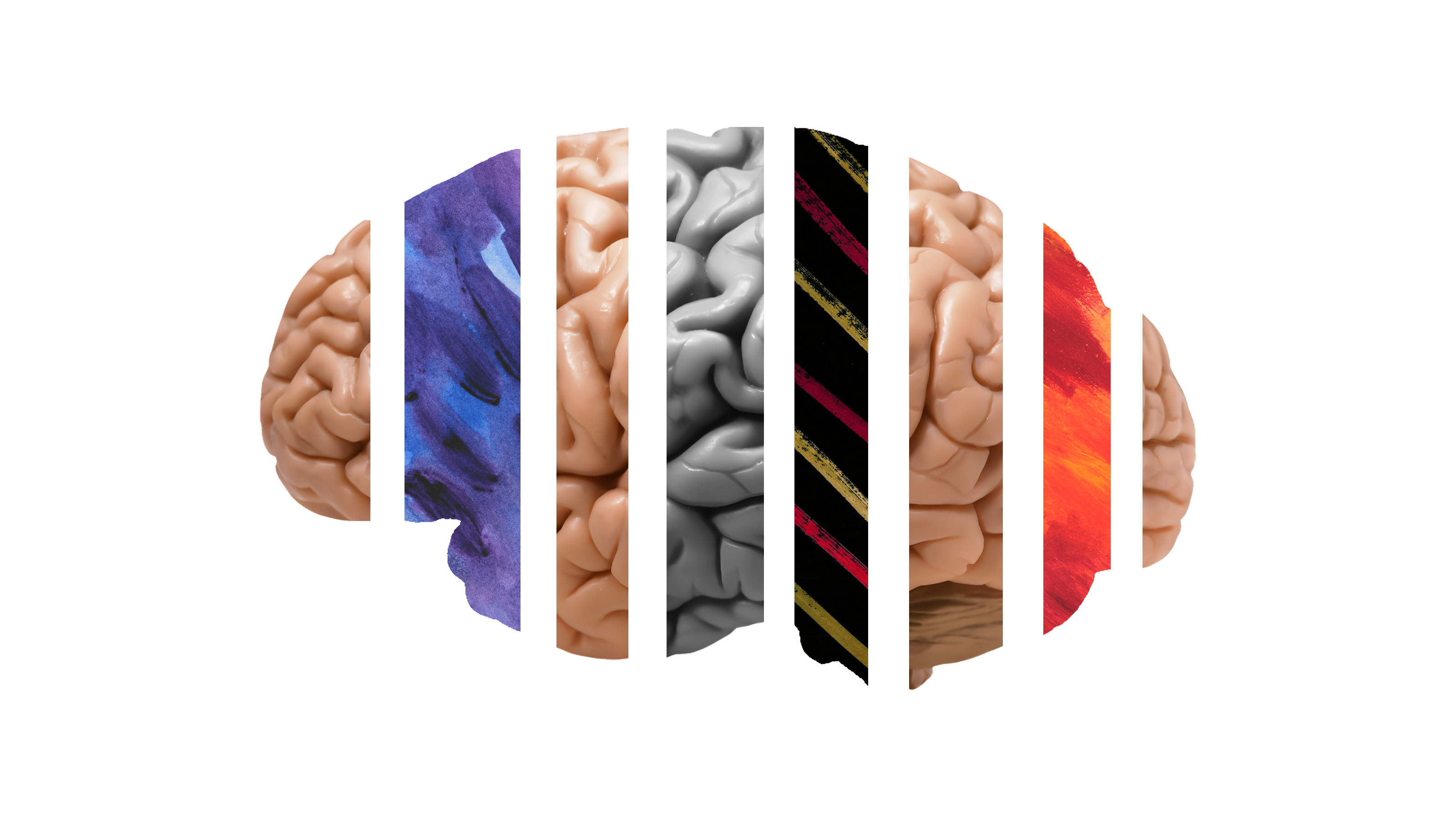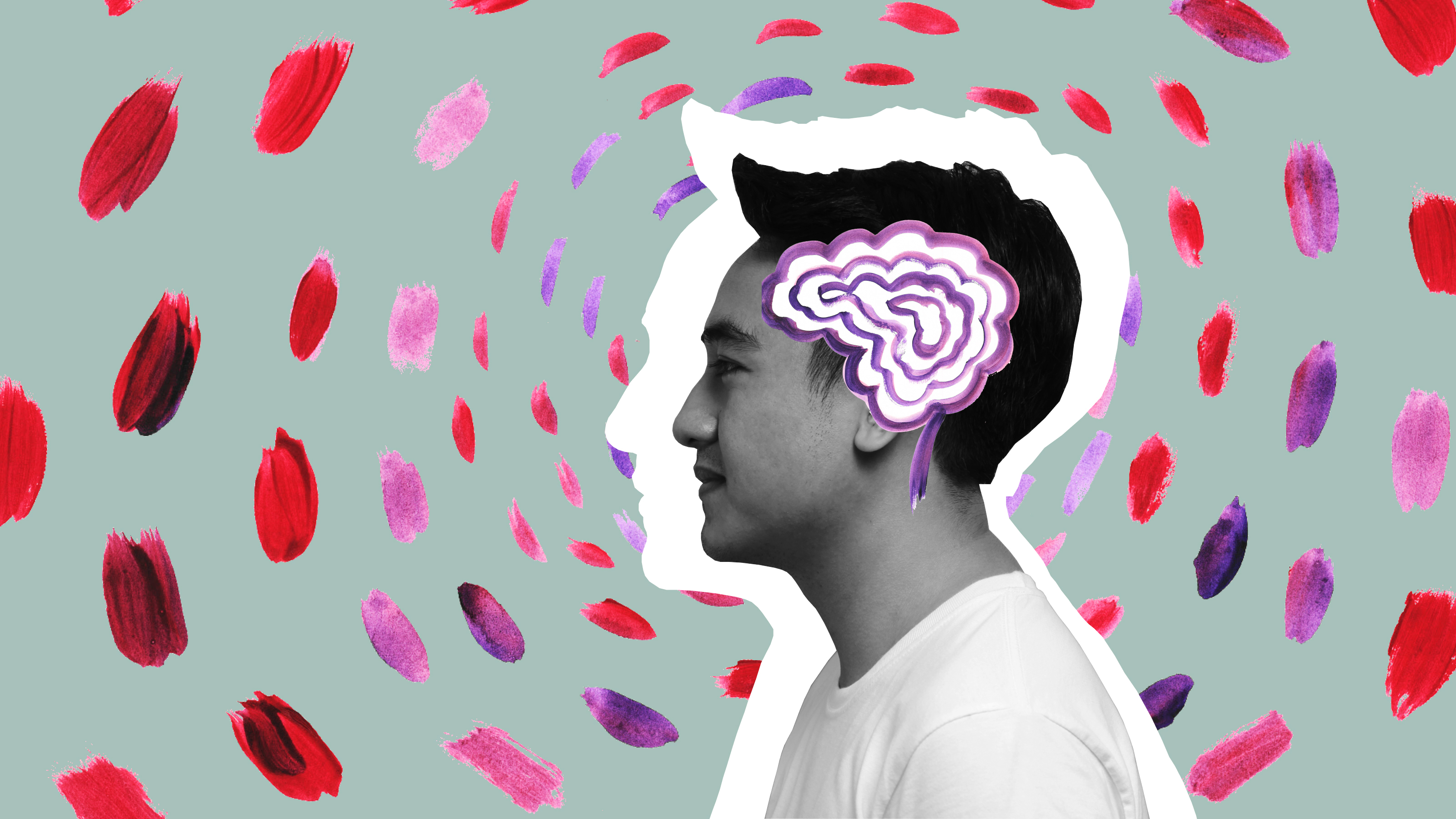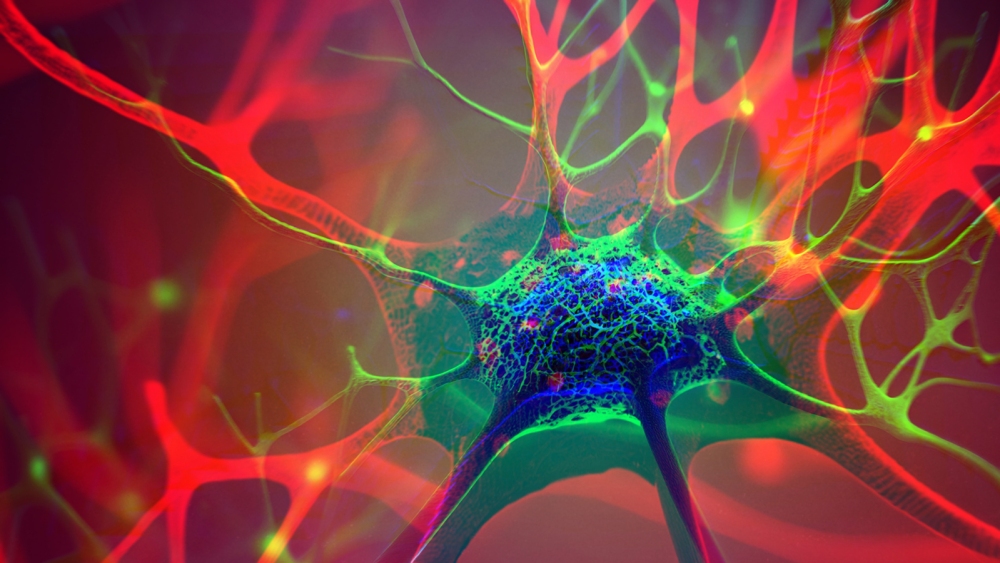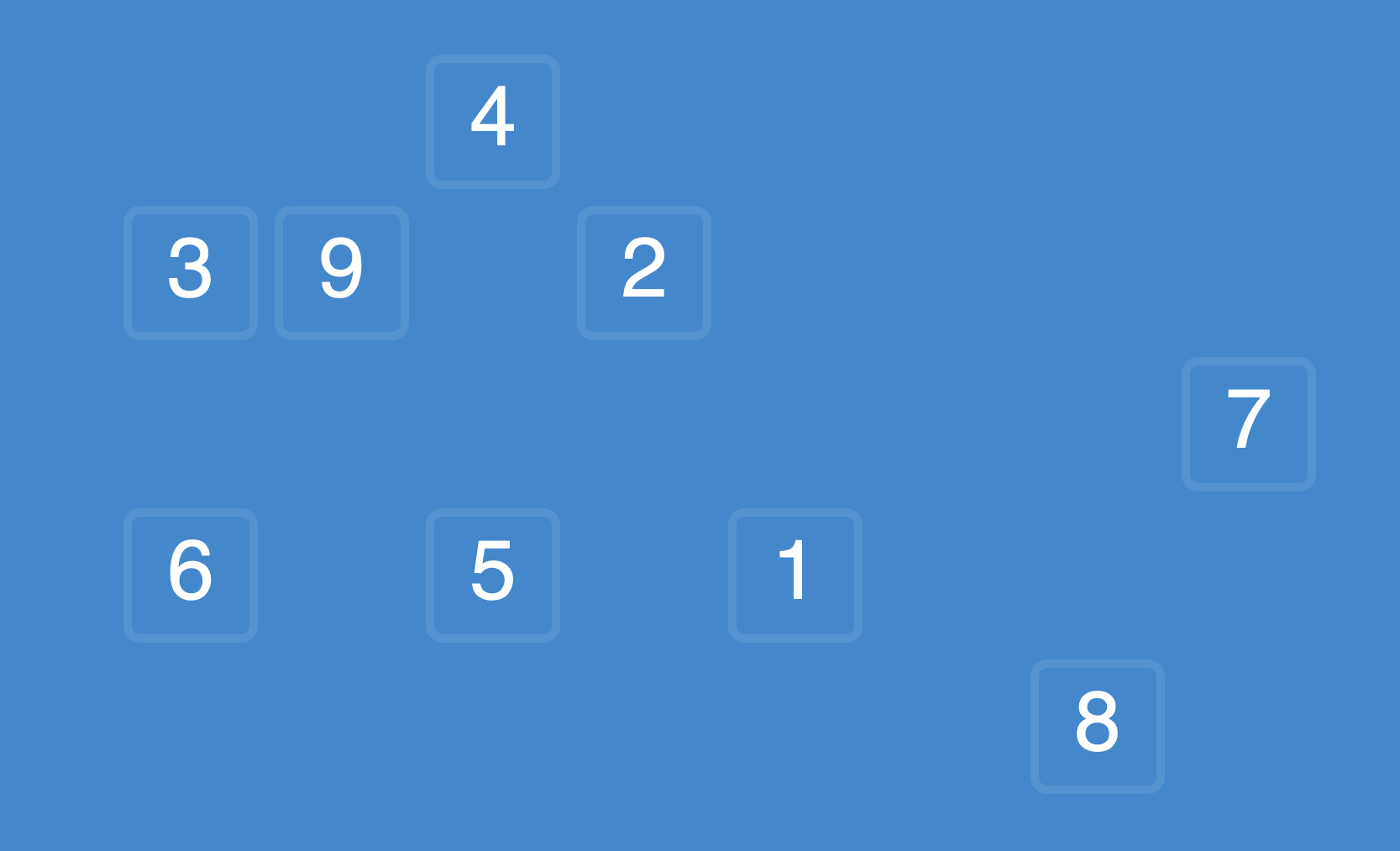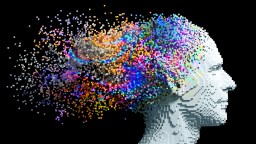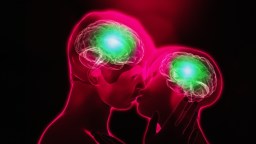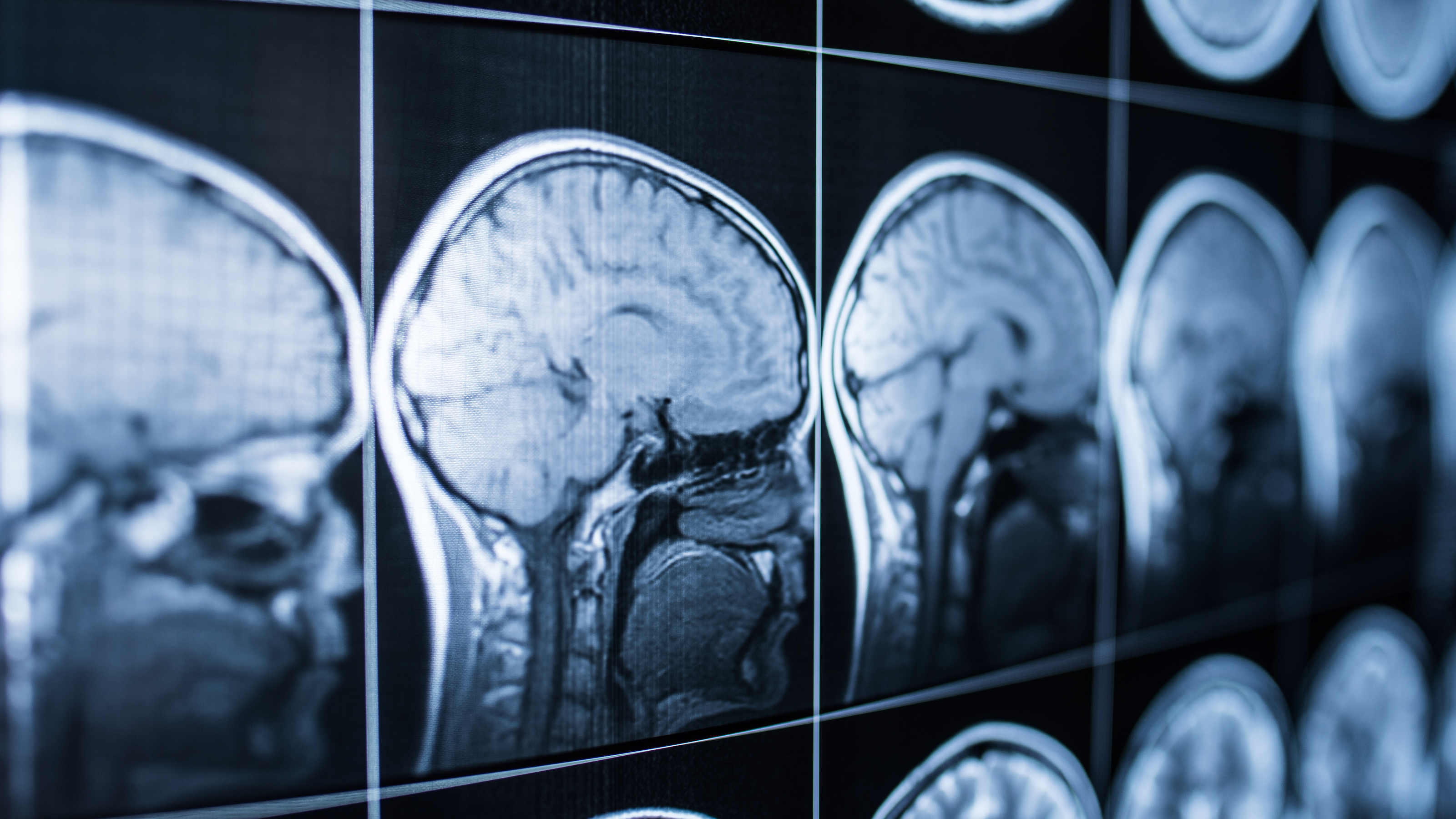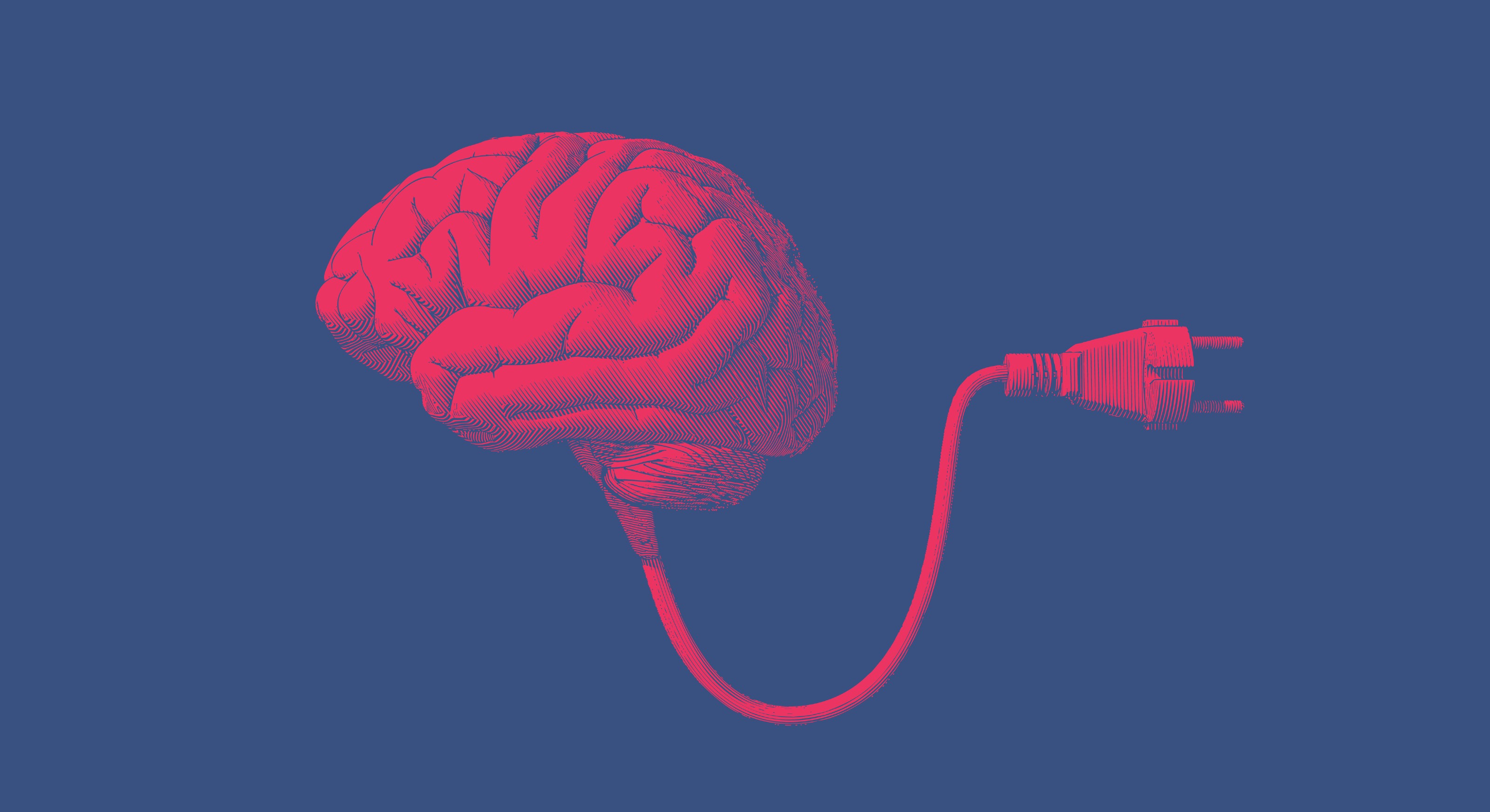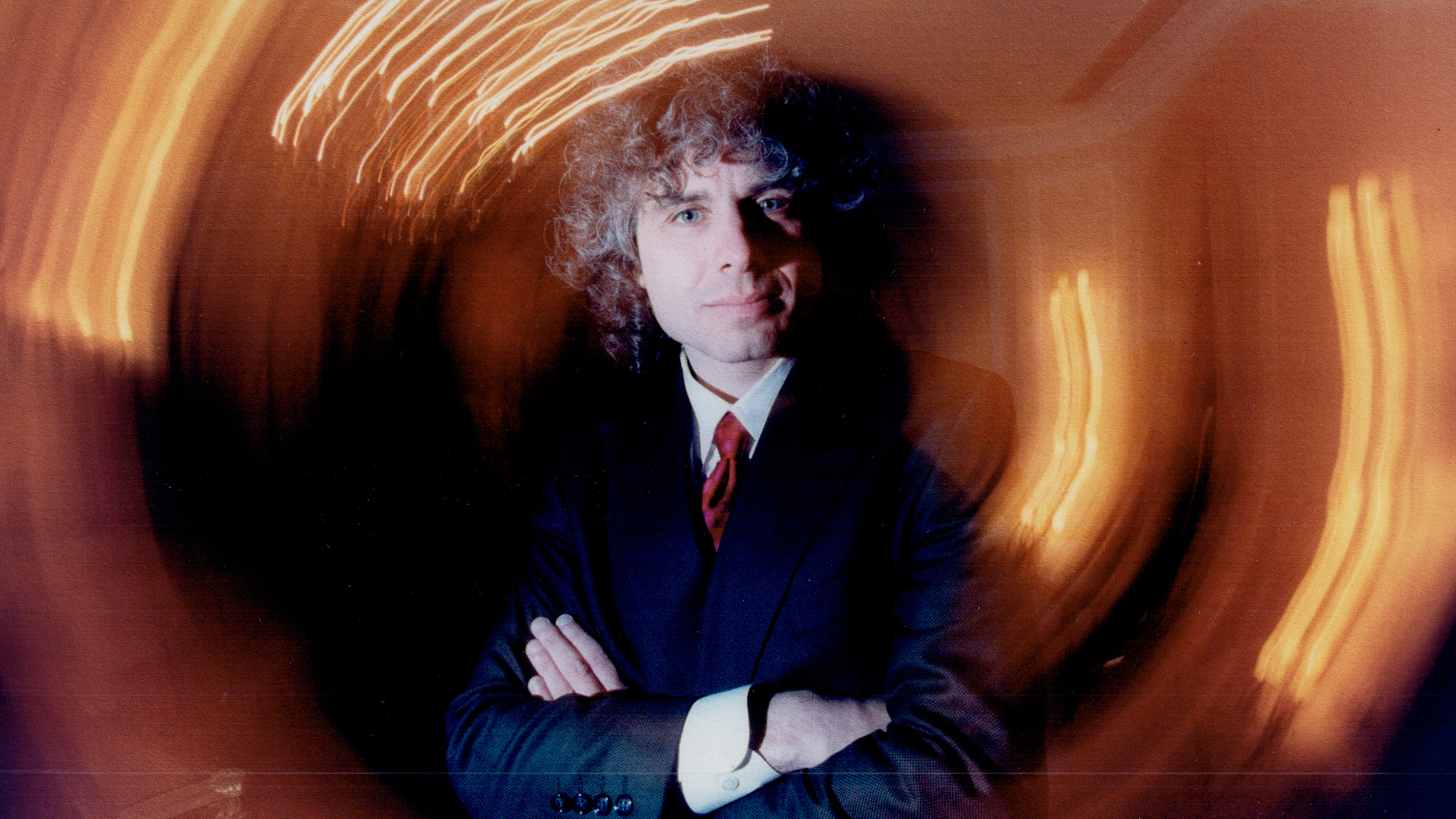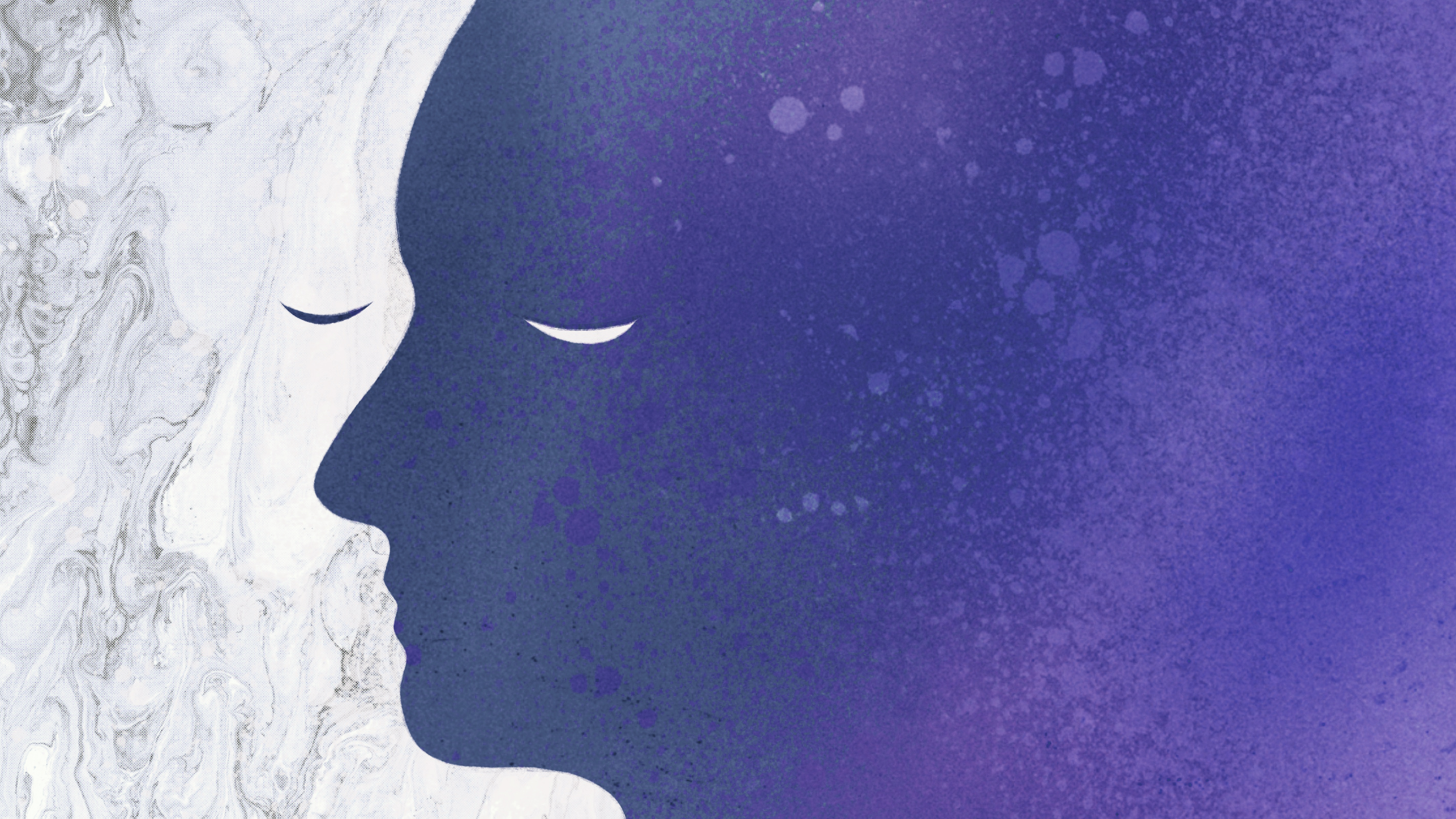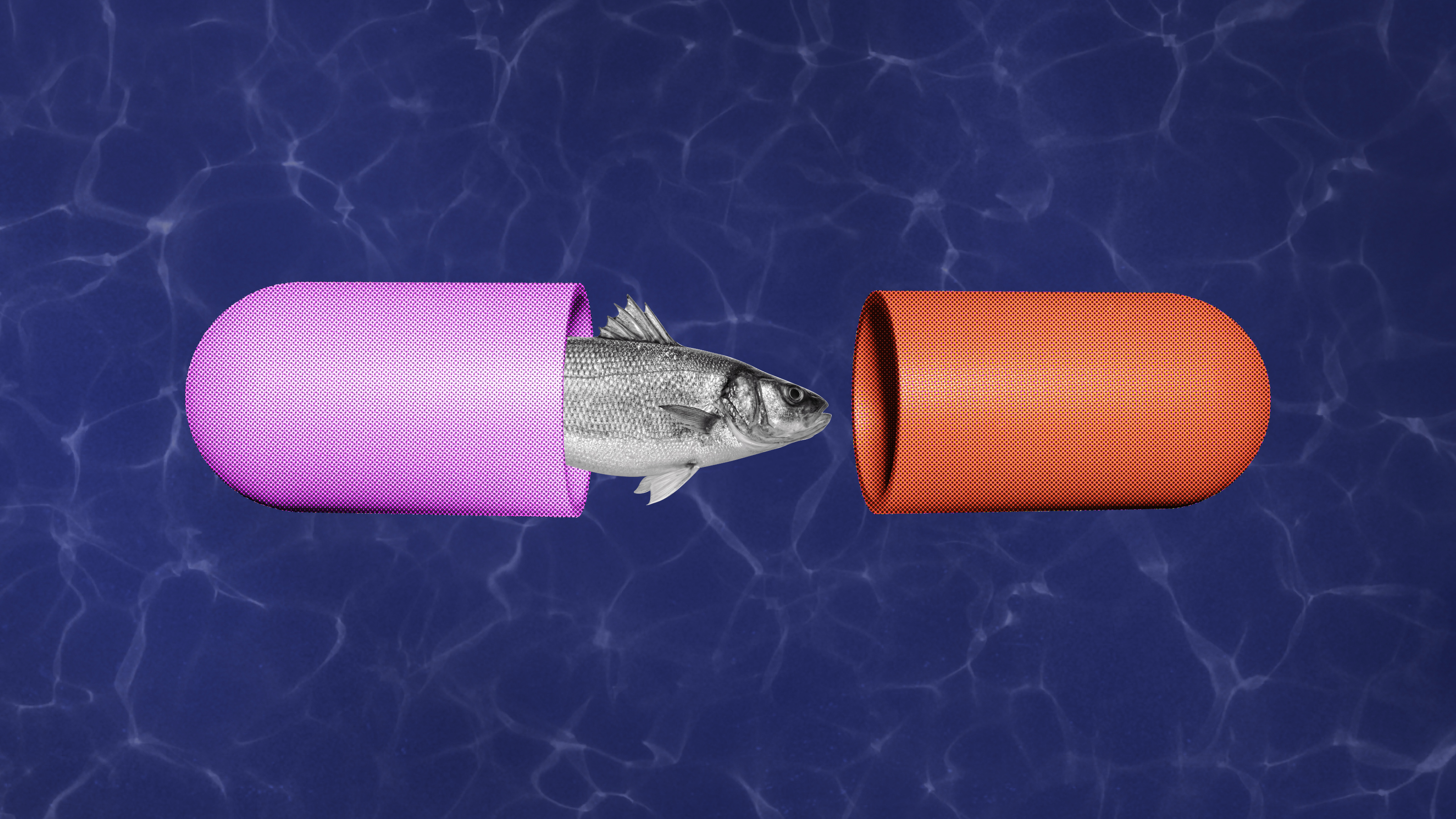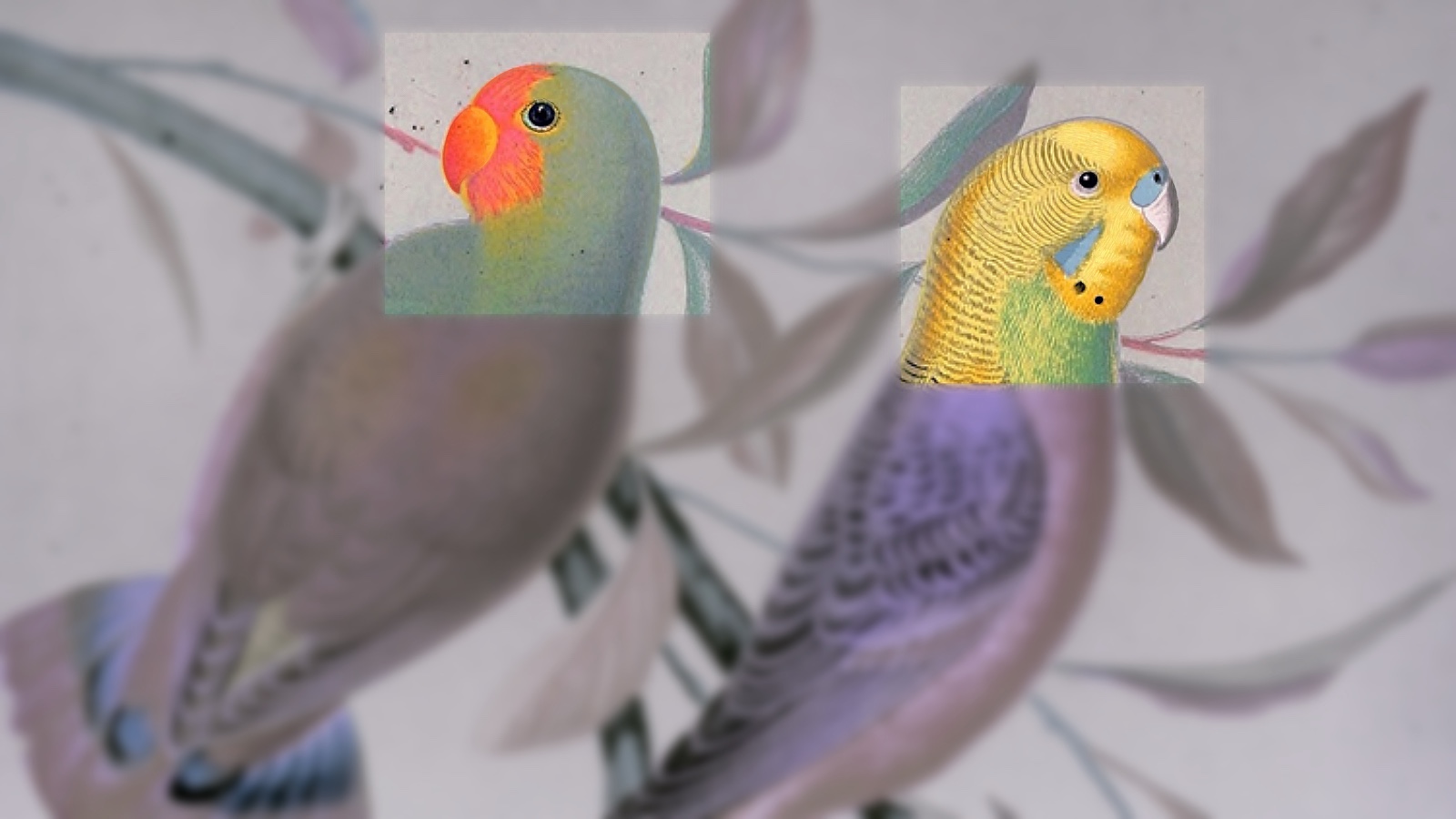neuroscience
The secret may lie in an old idiom: “Sleep on it.”
Ev Fedorenko’s Interesting Brains Project highlights the human brain’s remarkable capacity to adapt, reorganize in the face of early damage.
This is your brain on work.
New research shows psychedelics activate receptors inside brain cells that other compounds, like serotonin, cannot.
Studies suggest that meditation can quiet the restless brain.
Only humans can voluntarily conjure new objects and events in our minds.
Expert Michael Spitzer explains how culture can “tune” your musical taste.
▸
5 min
—
with
A healthy endocannabinoid system is critical to the human body’s immune functions.
Studies show talk therapy works, but experts disagree about how it does so. Finding the answer could help professionals and patients.
While ticker tape synesthesia was first identified in the 1880s, new research looks at this unique phenomenon — and what it means for language comprehension.
There’s a link between dark personality traits and breaches of battlefield ethics.
It may be an advantage in some contexts.
Your brain on sex, love, and rejection with biological anthropologist Helen Fisher.
▸
8 min
—
with
If a court needs to know if two trademarks look too similar to each other, perhaps the jury should be given a brain scan.
Human thinking is antiquated.
Risk-taking isn’t inherently bad: It tends to build self-confidence when things work out, and resilience when they don’t.
When migraine and tension-headache patients overuse their medications, they can actually trigger more headaches.
Your brain may notice fearful faces, even if you don’t consciously realize it.
Instead of walking a mile in someone’s shoes, try reading a chapter in their book.
“Language is the most distinctively human talent.”
Get the most out of your coffee.
In a citizen science project, thousands of pet dogs are helping scientists to understand what happens to memory and cognition in old age.
Neuroscientist Robert Sapolsky on the science of temptation, and the limitations of your brain’s frontal cortex.
▸
6 min
—
with
Forgetfulness isn’t always a “glitch” in our memories; it can be a tool to help us make sense of the present and plan for the future.
In a study involving mice, scientists used two different techniques — one optogenetic and one pharmacologic — to recover “lost” memories.
A toxicologist explains the impacts of antidepressants on fish — and no, they’re not getting any happier.
Humans are good visual thinkers, too, but we tend to privilege verbal thinking.
